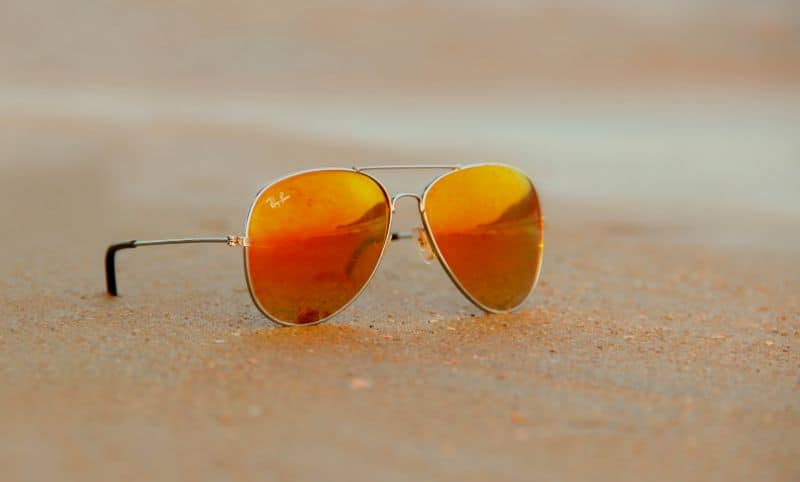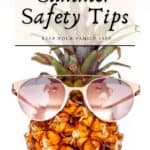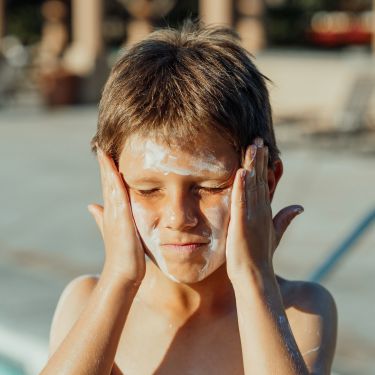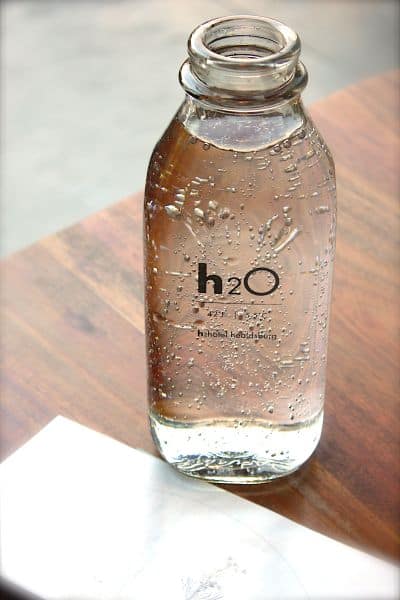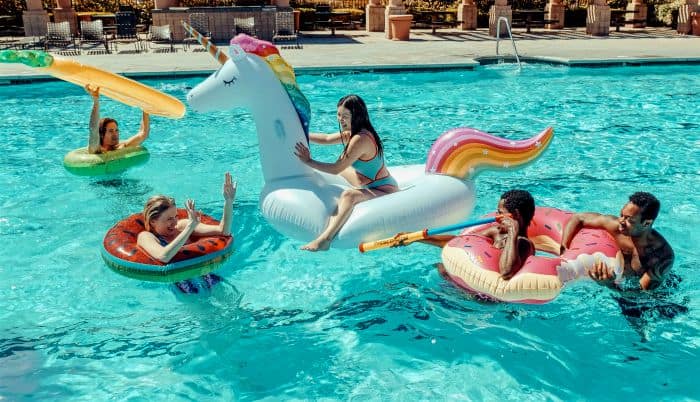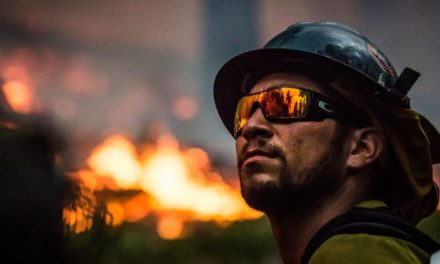Safety tips in summer to keep your family safe on vacation and at home. No matter what happens, know the dangers, and make a plan. We will have links to videos and information from reliable sources for virtually any emergency you face this summer.
What Safety Tips In Summer Should You Know Before Heading To The Beach With Your Kids?
Rip Currents at Beach Destinations: What Are They and What Should You Know?
While my family is very familiar with rip currents, most visitors are not. It’s really important to know how to recognize and deal with a rip current. In fact, understanding rip currents is one of those beach safety tips that will actually save your life!
According to the US Lifesaving Association, 85% of rescues on US West Coach beaches were due to rip currents. Why? Typically swimmers will panic which is the biggest no-no. Swimmers tend to do the natural thing (swim directly to shore) which happens to be what you should never do!
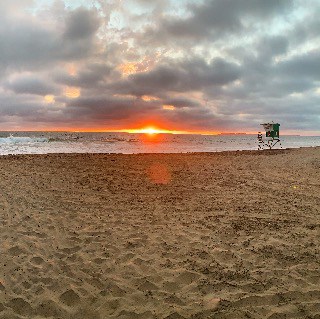
How To Spot A Rip Current
To be clear, the simplest way to learn to spot a rip current is to see it with your own eyes. Seeing it for yourself on YouTube may be the single best way to hone that skill. This particular YouTube video was the most straightforward I have found thus far. It is linked below.
That being said, keep a lookout for a break in the incoming wave pattern, churning water, or a change in the color of the water.
I’ve linked to the brochure below as it is an all-inclusive resource.
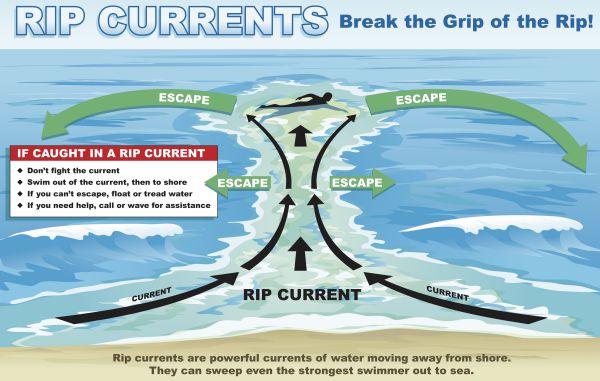
You May Not Even Know if You’re in a Rip Current
If you are swimming to shore but can’t make any progress or are even slipping further out, you may be caught in a rip current. The primary thing to do is not panic! It will be okay, I promise! Next, swim directly along the shore NOT against it. Eventually, the strong current will weaken its grip and you’ll be able to swim ashore.
The most extensive and informative video we found is only ten minutes and is widely available on YouTube. It is embedded here for you.
Sunburn Safety Tips in Summer
While a sunny destination sounds amazing, a vacation with lobster skin is devastating! I love that glow of a tan but it’s really not worth the damage and misery a sunburn causes.
Protect Yourself Against the Sun
- Sunglasses & Sunscreen
- Take advantage of the shade
- Buy UV protective clothing
- Account for sun intensity when you plan activities
Sunscreen Considerations
There are so many resources and everyone recommends different sunscreens. The best I can do is encourage you to apply sunscreen anytime you are out and about but especially on vacation in a sunny locale.
I personally use Aveeno Minerals SPF 50 for the face, neck, back of my hands, and top of my feet. My skin is really sensitive and prone to reactions so this brand, after years of trial and error, works great for me. I also have a spray for broad coverage.
Types of Sunscreens
Depending on the locale and activity and the age of the user, there are different ways to apply sunscreen which may be easier. I love sprays for the arms, legs, back, and stomach. You can cover a large area quickly. If you have impatient kids and want to speed up the process, sprays are awesome. Just remember to apply regularly throughout the day.
Get sunscreen sticks if you are concerned tubes may burst or sprays can’t be packed. These are also great for applying to the faces of younger kids. There is less chance they will end up with chemicals in their eyes or mouth.
Zinka is a paste-like intense option for your face if you are stuck in the elements for long amounts of time or in a very strenuous activity like surfing or water polo tournaments and is popular among lifeguards. Beach volleyball players will also use this option on their faces.
Safety Tips For Summer Heat
To be clear, heat is a major factor in the activities and choices of venue on vacation for me. Why? It almost always takes a toll on me more so than any other member of the family. I am not sure why but I really have to pay attention to what I am drinking and eating, how long I stay in the sun, and even the temperatures overall. It’s weird, I know. That being said, drink fluids even when you’re not thirsty!
Beyond being well informed, of course, pay attention to those around you and they should do the same. The person most affected may not be aware of their own developing emergency. This has been true for me in the past so my husband keeps a close eye on me.
What Are the Signs of Heat Stroke and Dehydration?
If you experience the following symptoms, address it immediately. Immediately take in fluids, a sports drink preferably. Do not hesitate to seek medical help immediately. For a far more extensive resource on heat waves, heat stroke and more visit the Red Cross resource page linked here for you.
- Muscle pain or spasms, cramps
- Excessive sweating
- If you appear pale, weak, dizzy
- Headache and/or nausea or vomiting
- You are confused or faint
- Rapid pulse
- Experience unconsciousness
- High body temperature (over 103 degrees) with dry skin (not sweating)
Don’t Let Your Guard Down Around Pools
In California, many homes have pools and spas. They are a great way to beat the heat and have fun as a family. On top of that, our climate is pool friendly a large part of the year. Vacation rentals are super popular as well, many times because there is a pool on site. Having a lifeguard in our family, I cannot begin to tell you how important it is to learn the basics!
But beware, pool safety is not just walking instead of running! Below are safety tips from poolsafely.gov which has a LOT of information.
- Never leave a child unattended in or near water.
- Teach children how to swim and especially stay away from drains.
- Ensure all pools and spas – both in your backyard and any public pool you may visit – have compliant drain covers.
- Install proper barriers, covers and alarms on and around your pool and spa.
- Know how to perform CPR on children and adults. There are classes available through the Red Cross and but there are other resources as well. Online Red Cross CPR courses are linked here for you.
Our lifeguard really emphasizes the following.
- Make it a habit for your children to ask to enter the water. First, you or the lifeguards on duty will know when a child is in the water. Additionally, you will be less likely to find the child unexpectedly swimming while you were distracted.
- Always walk on the pool deck. This is the absolute number one issue for staff and where most injuries occur from slips and falls.
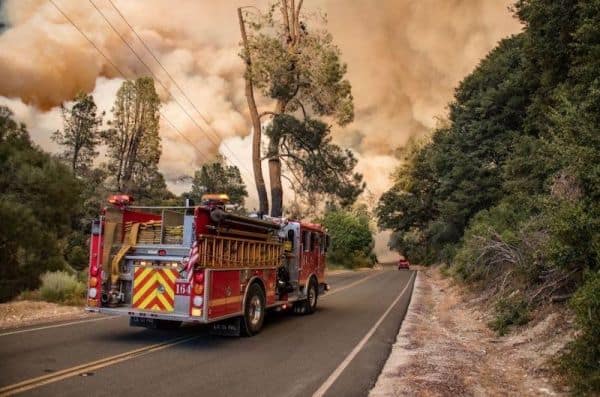
Photo via Twitter, Source Unknown
Wildfire Safety Tips In Summer
In California, in particular, there is a heightened awareness of fire and the devastating consequences. These fires can break out in virtually any location because wildfires spread easily and quickly during drought conditions.
If you are planning a vacation, it is prudent to understand where you are going and how to handle emergencies.
Quick Wildfire Safety Tips In Summer To Adopt
- Know the routes out of a location as well as alternatives.
- Keep your vehicles fueled up! Have extra water for your vehicle and the people at all times.
- Keep an eye on the local news.
- Have alternative places to stay in case you are forced to abandon your hotel or vacation rental.
- Take everything with you as most evacuations do not let residents back into an area for days at a time.
- If you are allowed back, be aware that smoke has a tendency to infiltrate every porous surface so washing everything may be necessary.
- For people with allergies or lung conditions, wildfires will affect you quickly. Ash is very fine and will travel great distances because of the winds.
- Lastly, understand wildfires can happen virtually anywhere, not just camping or away from cities. As an example, fires often start in foothills burning through suburban residential communities quickly.
Driving Safety Tips For Summer
We all remember the joys and challenges of road trips. It’s important to prepare with safety tips in summer that can reduce the chances you are stranded in a difficult location. We wrote a far more extensive post, Top 10 Simple Road Trip Adventure Tips, with lots of ideas on how to make the experience successful and fun.
After years of road trips, I can pack quickly and efficiently now. But I am always aware to expect the unexpected. Whether it’s crossing a desert or long drives at night, things still can go wrong for even the best prepared. Trust me, being stranded in a remote place with tough conditions and a family in tow is never a good thing!
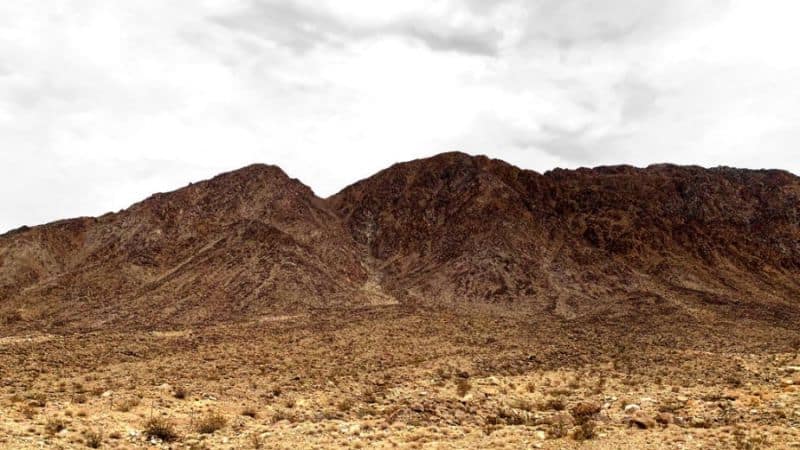
Quick Road Trip Emergency Preparedness Tips
- Figure out your options to power phones if you are stranded. Back up USB power devices are often small, easy to carry and could save you if there is an emergency.
- Choose your essential snacks so no one will starve while waiting for AAA. Additional water, gatorade, and critical medications should be packed and with you during any drive.
- What’s in my travel small travel bag? I tend to throw all the small things like chapstick, Tums, Tylenol, my vaccination card, cash, credit cards, and ID. Anything you would need if you couldn’t access a store for a few days.
- Maintain your vehicle! This is a big one and really should be the biggest priority before hitting the road. You have to check all the fluids and have extra water and antifreeze. Your tires can blow out at any time so always have a functional spare and jack. Make sure there are jumper cables as well. Flashlights and headlamps will help at night of course.
- Know where you are going, how long it should take, and share your route. Yes, I have an app that shares our itinerary as we travel with someone in a position to help if needed.

